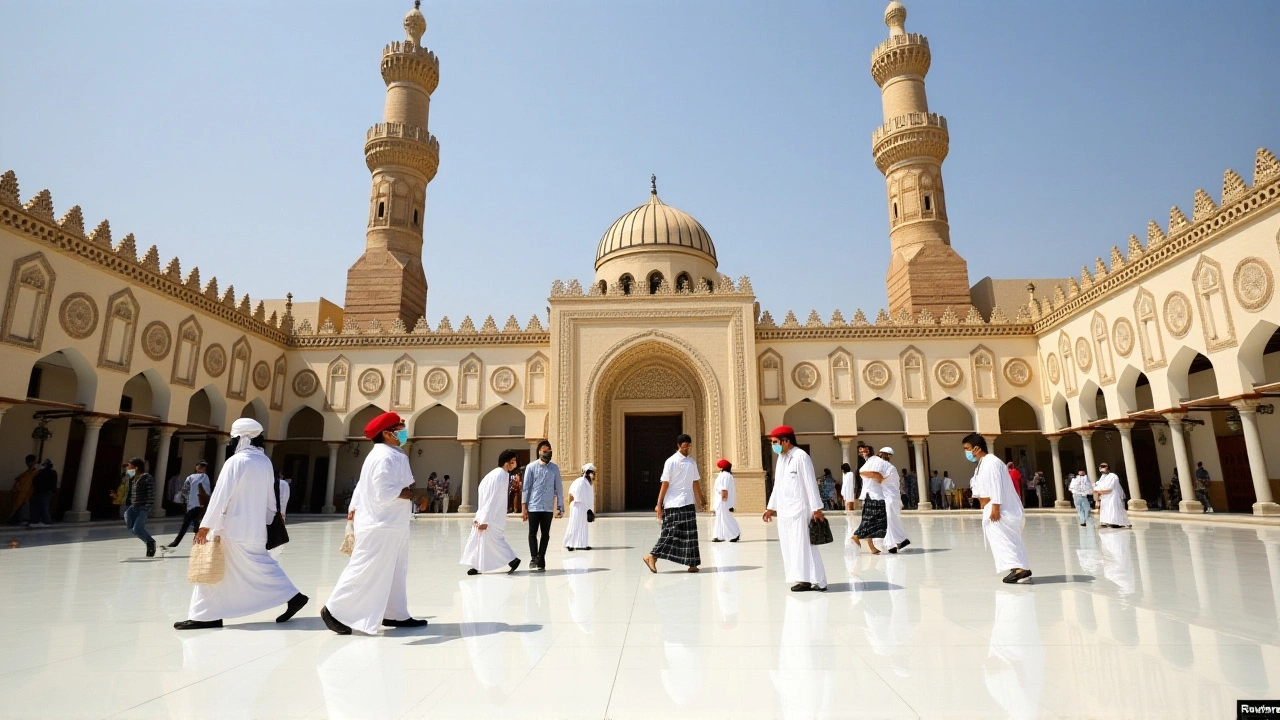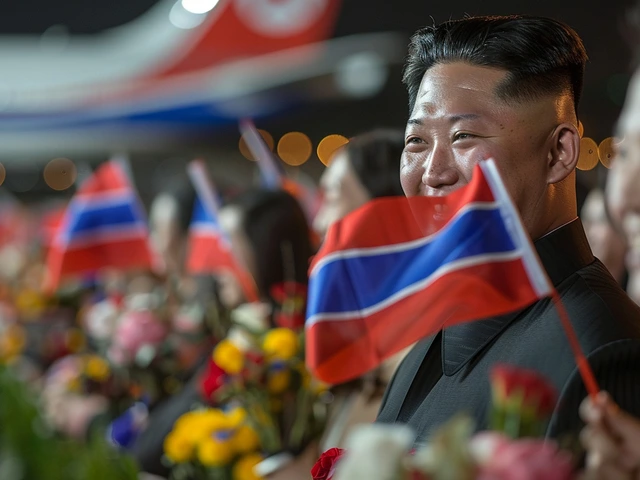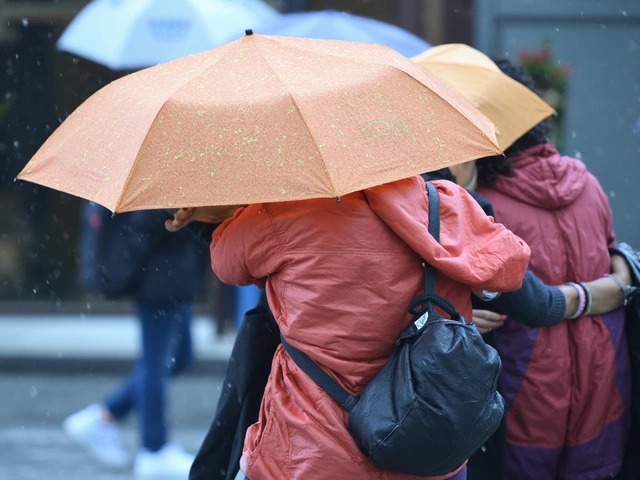Over 1,500 Uzbek students studying Islam in Egypt and Turkey were abruptly pulled home last year — not because they failed exams, but because their government decided they were studying in the wrong places. The recall, confirmed by Radio Free Europe/Radio Liberty’s Uzbek Service in June 2021, marks a sharp turn in policy by President Shavkat Mirziyoyev’s administration, reversing years of cautious religious liberalization. These students, many from the deeply conservative Ferghana Valley, were studying at institutions like Al-Azhar University in Cairo, one of Islam’s oldest and most respected centers of learning. Now, they’re back in Uzbekistan — under scrutiny, their futures uncertain.
A Reversal of Reform
Just three years earlier, Uzbekistan was being praised internationally. In 2018, after adopting 12 recommendations from Ahmed Shaheed, the UN’s Special Rapporteur on religious freedom, the government eased restrictions on Islamic practice. It lifted pilgrimage quotas, allowed religious publishing, and removed thousands from its extremist blacklist. The United States Commission on International Religious Freedom even removed Uzbekistan from its list of "countries of particular concern." For a moment, it seemed the country was moving toward openness.That optimism has evaporated. The State Committee for Religious Affairs in Tashkent now demands pre-approval for any Uzbek citizen seeking religious education abroad. Al-Azhar’s administration told RFE/RL that hundreds of Uzbek students had stopped attending classes or sitting for exams — suggesting they’d slipped into unregulated, underground madrassas. The government’s response? Pull them out. And don’t let others leave.
Border Stops and Beard Raids
It’s not just about students abroad. In 2021 alone, over 1,800 Uzbek citizens were turned back at airports and border checkpoints trying to enroll in Islamic schools overseas. The State Committee’s reach extends far beyond airports. According to Middle East Monitor, police in several regions began forcibly shaving the beards of Muslim men — a practice that hadn’t been this widespread since the Karimov era."It’s not about piety," said one former student from Namangan, who asked to remain anonymous. "It’s about control. They don’t want us thinking for ourselves. If we learn from Egypt, we might question what they teach us here."
The crackdown isn’t limited to appearance. Local officials have arrested dozens under vague "extremism" charges — often targeting people who simply shared religious videos online or attended private Quran circles. Critics say these arrests are less about security and more about silencing dissent. The same laws used against political activists now routinely ensnare devout Muslims.
The Online Revival They Fear
The timing is telling. In April 2021, Foreign Policy magazine reported an "online religious revival" sweeping Uzbekistan, especially among young people in the Ferghana Valley. With state-run mosques still underfunded and poorly staffed, many turned to YouTube, Telegram channels, and encrypted apps for religious guidance. Some of these sources were moderate. Others promoted rigid, anti-state interpretations of Islam."The government sees the internet as a threat because it’s uncontrolled," explained Dr. Lutfulla Karimov, a Tashkent-based sociologist who studies religion in Central Asia. "They don’t understand that curiosity isn’t radicalism. They’re treating a spiritual search like a terrorist plot."
But the state doesn’t see it that way. Officials now claim that unmonitored religious education abroad leads to "ideological contamination." They point to the 2016 suicide bombing in Tashkent and the 2020 attack on a police station in Andijan as proof that radicalization is real. Yet experts warn: conflating religious observance with extremism is dangerous. It alienates the very communities they claim to protect.

Who’s Really at Risk?
The Ferghana Valley — a densely populated, historically conservative region spanning Uzbekistan, Kyrgyzstan, and Tajikistan — bears the brunt of this policy. Families here have sent sons to Al-Azhar for generations. It wasn’t just education; it was tradition. Now, parents fear their children will be branded extremists simply for studying abroad.One mother from Margilan told RFE/RL her son was recalled after three years at Al-Azhar. "He came home with a better understanding of Islam, not worse. But now he can’t find work. They watch him. They ask him questions at the market. What did he learn? Who did he meet?"
The irony is stark. Uzbekistan is over 80% Muslim. The state’s own textbooks teach Sunni Islam. But the government insists only its approved version is legitimate. Anyone else — whether in Cairo, Istanbul, or a home study group — is suspect.
What’s Next?
The State Committee for Religious Affairs has expanded its monitoring of domestic mosques, requiring all sermons to be pre-approved. New regulations mandate that all religious teachers hold state-issued certifications. Private religious schools have been shut down or absorbed into state-run institutions. Even the country’s sole Islamic university in Tashkent now operates under tighter supervision.International observers are watching closely. The European Union and the Organization for Security and Co-operation in Europe have quietly raised concerns, but no sanctions have followed. With Uzbekistan a key partner in Central Asian security and energy deals, Western governments are reluctant to push back hard.
For now, the students who were pulled home are stuck. Some have enrolled in state-approved Islamic colleges — but their degrees feel hollow. Others have dropped out entirely. A few have gone underground, continuing their studies in secret.
What’s clear: Uzbekistan’s religious policy is no longer evolving. It’s regressing. And the cost isn’t just measured in numbers of recalled students. It’s measured in silenced voices, broken trust, and a generation learning that faith, when unapproved, is a liability.
Frequently Asked Questions
Why is Uzbekistan restricting religious education abroad?
The government claims it’s preventing radicalization, citing concerns that students are studying at unregulated institutions abroad. But critics argue it’s really about controlling ideology — especially after an online religious revival in 2021, where young Uzbeks turned to unmonitored Islamic content. The State Committee for Religious Affairs wants to ensure all religious learning aligns with state-approved doctrine.
How does this affect students from the Ferghana Valley?
Students from the Ferghana Valley are disproportionately affected, as the region has long been a center of conservative Islamic practice. Many were sent abroad for quality religious education, but now face stigma, job discrimination, and surveillance upon return. Some report being interrogated by security services simply for having studied at Al-Azhar University.
What changed after President Mirziyoyev took office?
Initially, Mirziyoyev eased restrictions inherited from Karimov’s regime — lifting pilgrimage quotas, allowing religious publishing, and removing thousands from extremist blacklists. But since 2020, those reforms have been rolled back. The State Committee for Religious Affairs has regained sweeping powers, and arrests under vague "extremism" charges have surged, signaling a return to authoritarian control over faith.
Is Al-Azhar University cooperating with Uzbekistan’s restrictions?
Yes. Al-Azhar University in Cairo now requires Uzbek students to obtain prior approval from Tashkent’s State Committee for Religious Affairs before enrolling. While Al-Azhar is an independent institution, it has complied to maintain diplomatic ties and avoid political fallout — a sign of how deeply the Uzbek government’s influence extends abroad.
Why did the U.S. remove Uzbekistan from its religious freedom watchlist in 2018?
The U.S. Commission on International Religious Freedom (USCIRF) removed Uzbekistan in 2018 after it implemented reforms recommended by the UN, including simplifying religious registration, supporting Hajj pilgrimages, and releasing detained religious figures. These changes were seen as major progress — making the recent crackdown all the more surprising to international observers.
Could this crackdown lead to more extremism?
Many experts warn it might. By shutting down legitimate channels for religious learning and pushing people into unregulated online spaces, the government risks creating a vacuum filled by more extreme voices. History shows that suppressing religious expression often fuels resentment — not compliance. The real threat may not be the students abroad, but the ones left behind with nowhere to turn.






